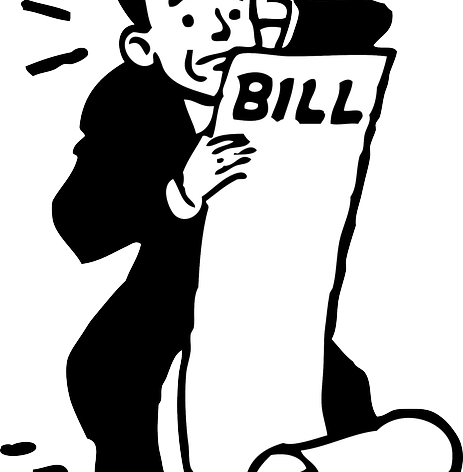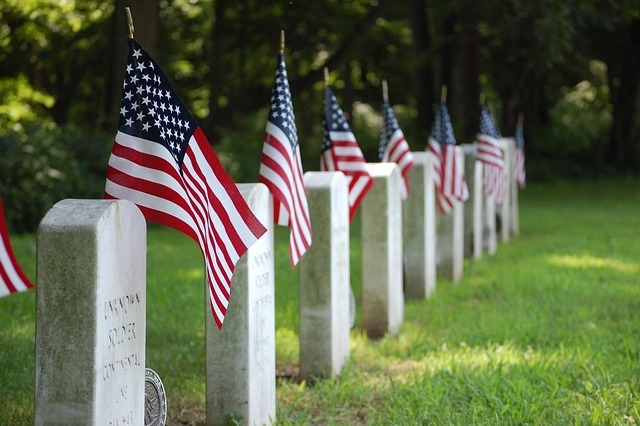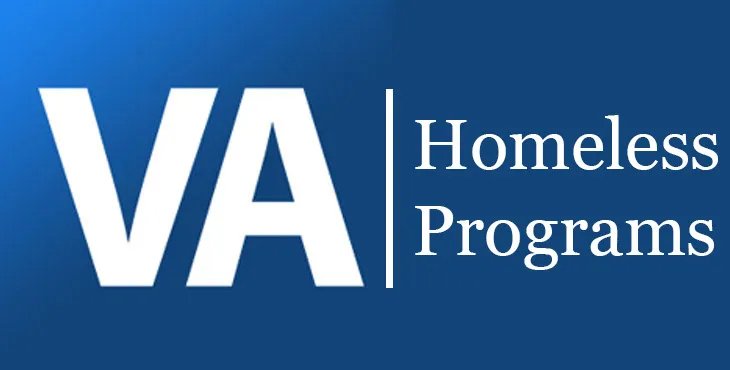How Troops, Veterans, and Families are Hurt by a Government Shutdown

UPDATE: Jan 8 2024: The budget crisis was temporarily averted by a continuing resolution (CR) that funds the government in a two-part process with an initial deadline of January 19 and a second deadline on February 2, 2024.
The House and Senate agreed to a basic framework for the federal budget over the weekend of January 5 and 6 2024, but at press time more work needs to be done in order to pass the full budget without another continuing resolution. At press time, there is still no guarantee that the federal government will avoid a shutdown. This is a developing story.
Who gets financially hurt when Congress fails the military with a government shutdown? Political theater and infighting have brought the government funding issue to a crisis point, with currently serving military members, veterans, retirees, and family members all caught in the middle.
When fiscal year 2023 funding runs out at the end of September, troops will likely start working without pay unless a separate funding measure is passed to pay them while the stalemate continues.
It’s worth noting that none of the elected officials responsible for deciding whether or not to fund the government have their paychecks affected by a shutdown.
When members of the House and Senate can’t set aside political brinkmanship for the good of the 2 million uniformed service members and 2.6 million military family members who would all be hurt by a failure to fund the government beyond fiscal year 2023?
The only thing those of us watching from the sidelines can do is to add up the human cost of their antics. Here are those costs.
How Troops Are Hurt During A Government Shutdown
The first negative effects may come in the form of no paychecks for deployed troops. And those in support roles behind the scenes. And everybody else in uniform.
It may seem redundant to list all those different troop statuses, but some don’t realize the full implications of a government shutdown until you explain that someone in a forward operating base in a hostile fire zone working without pay is a real thing.
Army.mil reports that in the event of a federal government shutdown, “…delayed paychecks will affect all 1.3 million active-duty troops in the military” unless specific measures are laid out to prevent that scenario.
Troops won’t work without being paid at all. Instead, they may be asked to report for work with “delayed compensation,” which is scheduled to be paid once funding is approved. But who among the DoD’s junior enlisted force can afford to miss even a single paycheck?
Related: Comprehensive Military Benefits Guide
Other Consequences
- Permanent Change of Station moves may continue, but some PCS moves may be authorized only by a commander under shutdown rules.
- Those separating from the military may find their outprocessing is on hold unless the separation was approved and funded before the shutdown.
- TDY travel for mission-essential purposes may continue, but non-essential TDY travel may be suspended.
- During a shutdown, Pentagon classification rules state that active duty military is an “excepted activity,” so all deployments and training continue with or without a paycheck.
- Base housing may be affected, according to Army.mil: “If your base contracts with local repair shops, you might have to wait.”
- Medical procedures not deemed “medically necessary” may be canceled or rescheduled at on-base military medical clinics and hospitals.
How a Government Shutdown Hurts the Guard and Reserve
Those serving on Active Status, also known as AGR, continue to perform duty, but all non-active training (to include drill weekends and annual training) will cease. These canceled training sessions cost Guard and Reserve troops money, and readiness is sacrificed in the meantime.
How a Government Shutdown hurts Veterans
It would be easy to assume that the GI Bill, VA medical care, and other options might be interfered with during a lack of funding for the federal government. These operations are funded in multi-year increments or in some cases, may rely on funding unaffected by government budget negotiation failures.
However, veterans do get hurt by government shutdowns. One way a lack of funding hurts vets is by suspending VA outreach to veterans, such as for counseling, transition assistance, and related services.
The VA, prior to the government shutdown issue, was involved in a major outreach to veterans about claims processing issues that prevented some from being properly rated or paid for service-connected medical issues. During a government shutdown, such outreach activities are likely to be halted.
Related: What Happens to the Military if the Government Shuts Down?
Who Else Gets Hurt?
WhiteHouse.gov notes “an increased risk” of FEMA’s Disaster Relief Fund becoming depleted, and a shutdown may also “complicate new emergency response efforts if additional catastrophic disasters occur.“ Funding for “long-term recovery projects” would also be affected.
A lack of funding could also negatively affect cancer and Alzheimer’s research “because the National Institutes of Health would be forced to delay new clinical trials.”
A result of this? “New patients, many of whom are desperately waiting for a chance at new treatment through a clinical trial, will be turned away” according to a White House press statement.
Civilian air traffic controllers and TSA Officers may work without pay during a shutdown, “…potentially leading to significant delays and longer wait times for travelers at airports across the country like there were during previous shutdowns,” according to WhiteHouse.gov.
Related:
- Financial Planning For Military and Veterans
- Air Force Marijuana Pilot Program More Popular Than Expected
- Military Quality Of Life Panel Recommends Fewer PCS Moves, GI Bill for Childcare
- Air Force Cuts Bonuses
About the author
Editor-in-Chief Joe Wallace is a 13-year veteran of the United States Air Force and a former reporter/editor for Air Force Television News and the Pentagon Channel. His freelance work includes contract work for Motorola, VALoans.com, and Credit Karma. He is co-founder of Dim Art House in Springfield, Illinois, and spends his non-writing time as an abstract painter, independent publisher, and occasional filmmaker.


